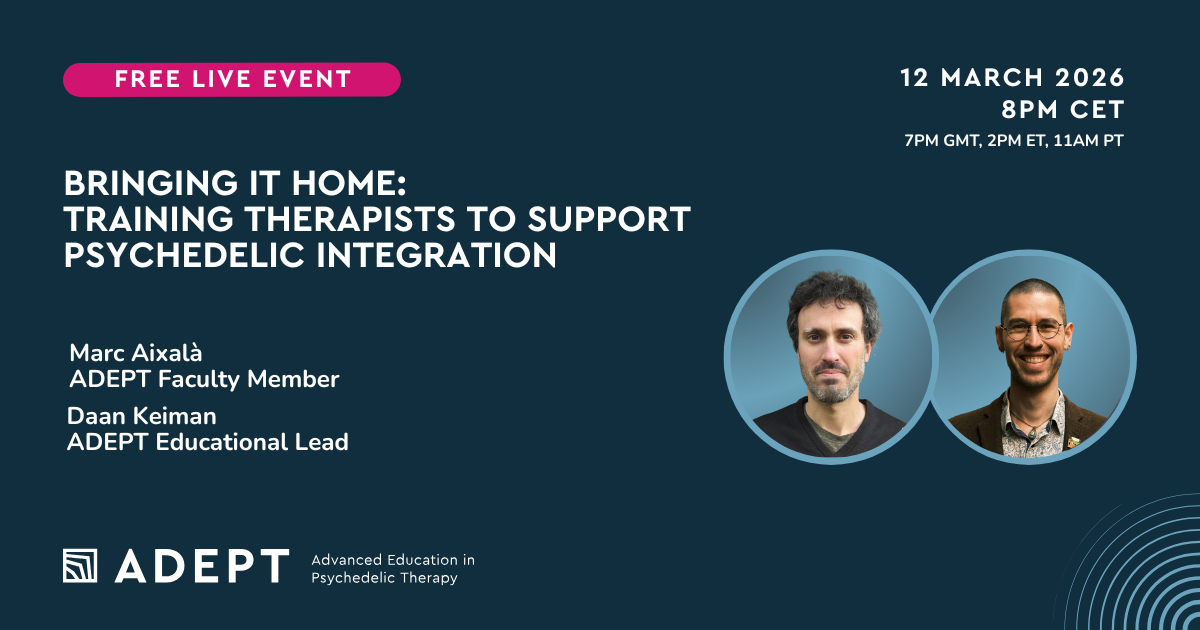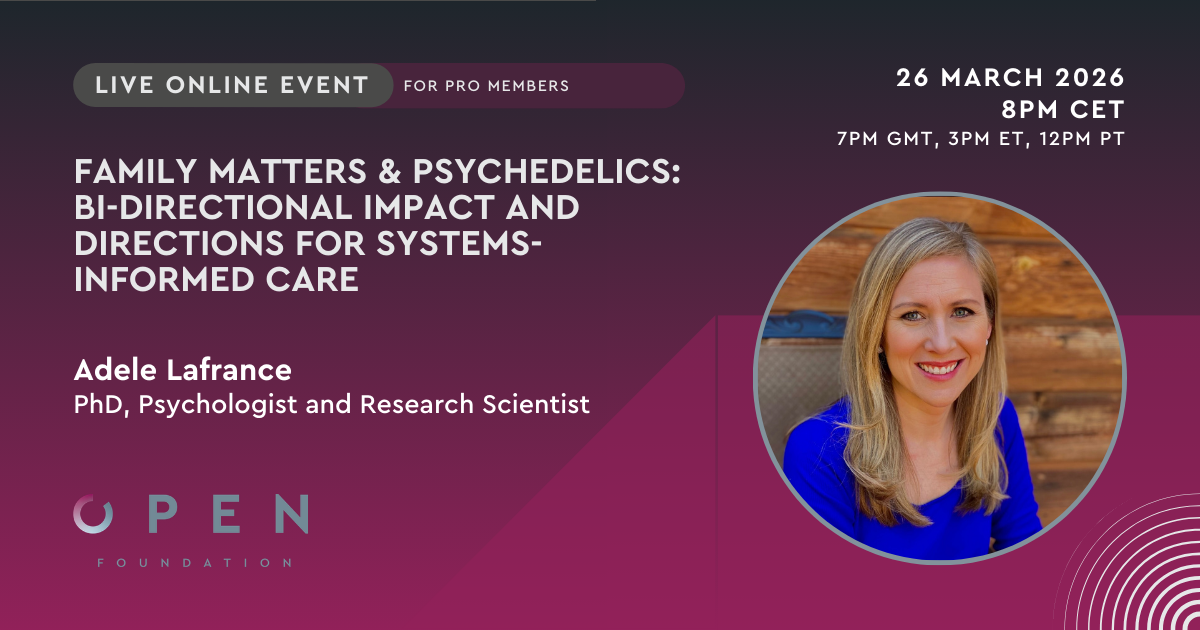By Morten Lietz, PhD Candidate
Psychedelics have long been suspected to enhance neuroplasticity, the brain’s ability to adapt and rewire itself. In our latest research at the University of Groningen, led by Prof. Enriquez-Geppert and published in Philosophical Transactions of the Royal Society, we delved deeper into this potential. Specifically, we investigated how psilocybin’s ability to promote neural flexibility might amplify the effectiveness of neurofeedback, a well-established technique for enhancing executive functions, which are crucial for managing complex cognitive and behavioural tasks in daily life.
Combining Psilocybin and Neurofeedback
Executive functions—skills like working memory updating, cognitive flexibility, and inhibition—are critical for navigating daily life. When these functions are impaired, as they often are in psychiatric disorders, they can limit an individual’s capacity for adaptation and learning. Traditional interventions for executive function deficits can be slow and limited in their impact, potentially constrained by the brain’s baseline plasticity.
In this study, we asked: could psilocybin, known for its ability to increase neural plasticity in animal models, boost the efficacy of neurofeedback training in humans? To answer this, we combined six microdoses of psilocybin containing truffles with frontal-midline theta neurofeedback, a technique that targets brain activity linked to executive functions.
The Study at a Glance
We randomized 37 participants into two groups: an experimental group receiving three psilocybin-assisted neurofeedback sessions after one week of following a microdosing protocol, and a passive control group. Importantly, participants in the psilocybin-assisted neurofeedback group did not require additional psychological support, emphasizing the feasibility of this protocol in a semi-naturalistic lab setting.
While task-based measures of executive functions did not show significant improvement, the experimental group reported notable gains in their daily lives, including enhanced working memory, cognitive shifting, monitoring, and inhibition. These self-reported outcomes highlight the potential for psilocybin to enhance the impact of neurofeedback beyond the lab, addressing real-world challenges.
Neuroplasticity in Action
From a neurophysiological perspective, we observed a statistical trend of increasing frontal-midline theta activity across sessions, indicative of enhanced learning and engagement with the neurofeedback training. This supports the idea that psilocybin may create a more fertile neural environment, allowing neurofeedback to work more effectively.
A Psychedelic Shift in Mental Health Interventions
Our findings underscore the exciting potential of combining psychedelics with existing neuromodulation techniques. Psilocybin, by enhancing neuroplasticity, could help unlock the full potential of interventions like neurofeedback, paving the way for more effective, personalized treatments.
A Critical Reflection and Future Directions
While the results of this study are promising, it is important to emphasize that this design was a feasibility study and not a substitute for a full double-blind randomized controlled trial. The study demonstrates the potential for psilocybin-assisted neurofeedback but does not definitively prove its efficacy.
Further research is crucial to determine whether:
- Psilocybin microdosing reliably increases neural plasticity in measurable and meaningful ways.
- These enhancements in neuroplasticity lead to improved outcomes for neurofeedback training and executive function performance.
This feasibility study is an exciting first step, but its findings must be interpreted with caution. The path ahead requires rigorous investigation to truly understand how psychedelics can be harnessed to enhance established mental health interventions like neurofeedback.
For more details, you can read the full paper as part of the theme issue ‘Neurofeedback: new territories and neurocognitive mechanisms of endogenous neuromodulation’.
By exploring the intersection of psychedelics, neuroscience, and established interventions, we aim to lay the groundwork for transformative, evidence-based mental health treatments.














